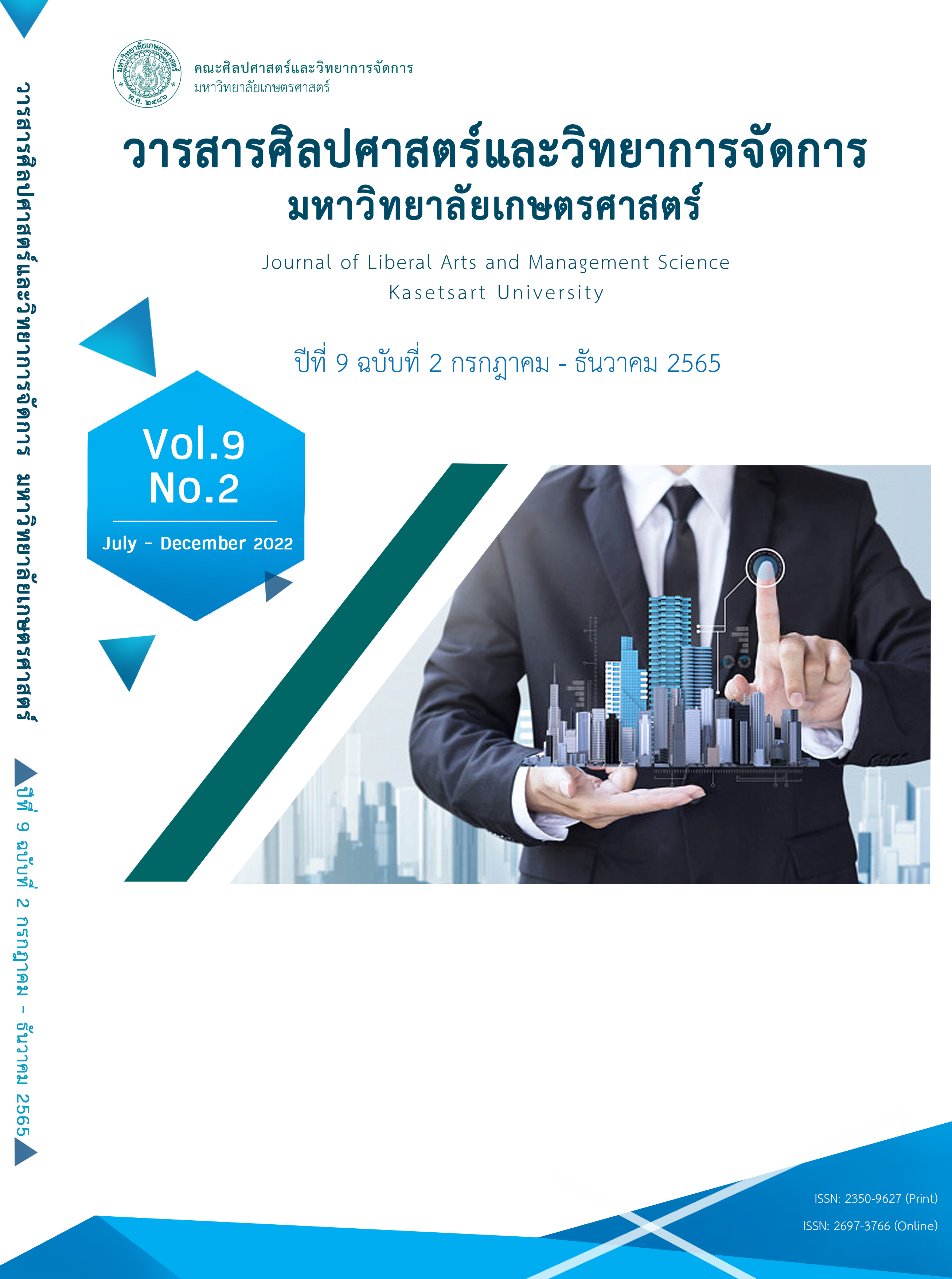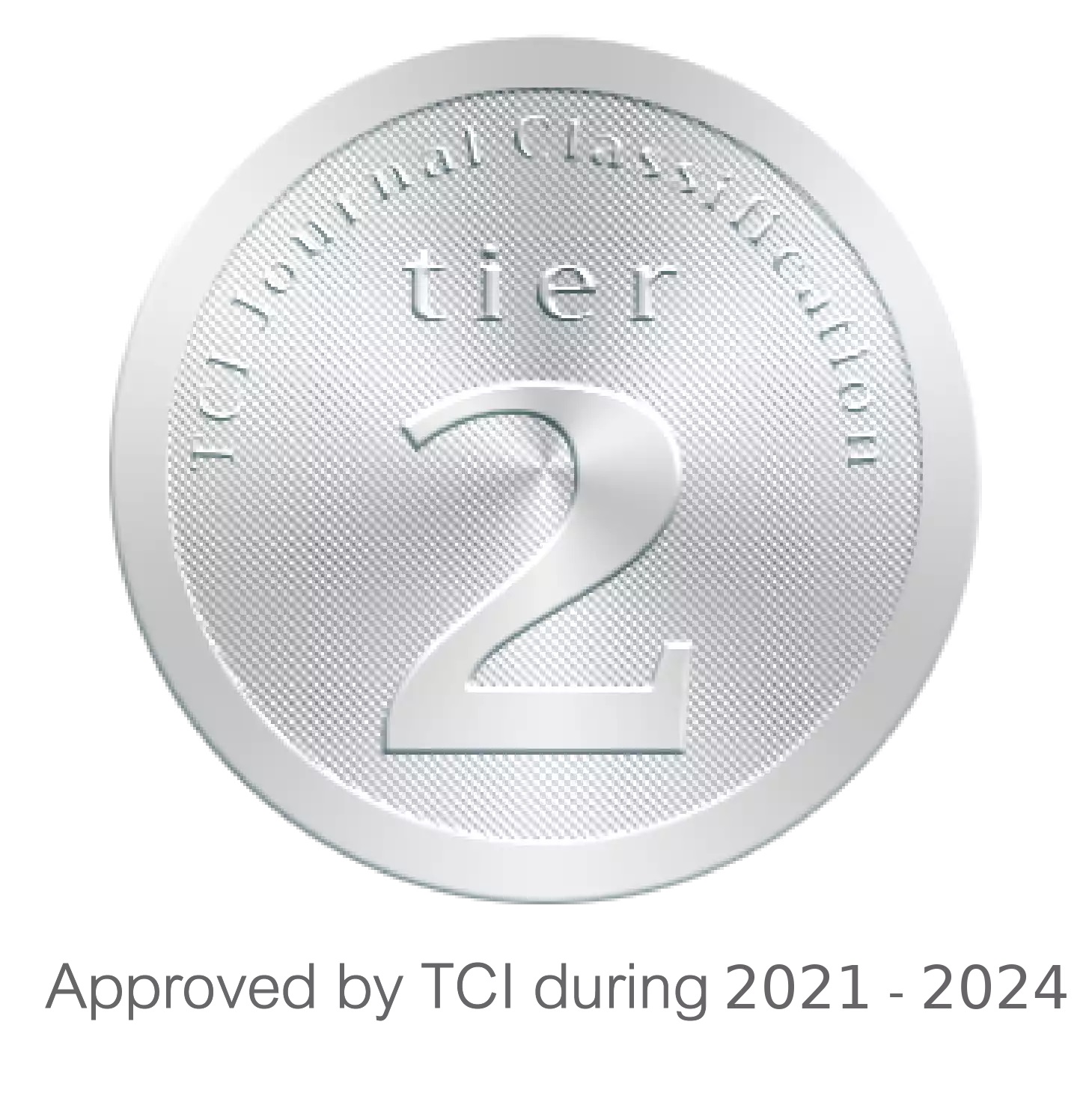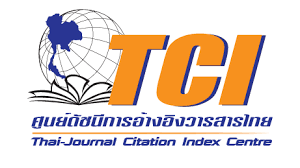THE EFFECTS OF CORONAVIRUS PANDEMIC ON 8 INDUSTRY GROUP INDICES IN THE STOCK EXCHANGE OF THAILAND
Keywords:
Event Study, Industry Group Indices, COVID-19Abstract
The aim of this research was to investigate the impact of the coronavirus pandemic on the yields of industry indices of 8 groups on the Stock Exchange of Thailand by using event studies as an empirical research testing tool. The study was conducted in the period from 13 January 2020 to 2 April 2020. The results revealed that the coronavirus pandemic had a statistically significant impact on two industry groups, the financial sector and the technology sector. There was negative impact on the average abnormal returns (AAR) and cumulative abnormal returns (CAR) of the financial sector, while the technology sector was positive. This suggests that under the circumstances of the coronavirus pandemic, the overall economy will be affected. However, it still benefits certain industries such as the technology sector that can still create opportunities for investors in the short term.
Downloads
References
AlAli, M. S. (2020). The effect of who COVID-19 announcement on Asian Stock Markets returns: an event study analysis. Journal of Economics and Business, 3(3).
Alam, M. N., Alam, M. S., & Chavali, K. (2020). Stock market response during COVID-19 lockdown period in India: An event study. The Journal of Asian Finance, Economics and Business, 7(7), 131-137.
Aslam, F., Ferreira, P., Mughal, K. S., & Bashir, B. (2021). Intraday volatility spillovers among European financial markets during COVID-19. International Journal of Financial Studies, 9(1), 5.
Ball, R., & Brown, P. (1968). An empirical evaluation of accounting income numbers. Journal of accounting research, 159-178.
Basu, S., & Bundick, B. (2017). Uncertainty shocks in a model of effective demand. Econometrica, 85(3), 937-958.
Berger, A. N., Cerqueiro, G., & Penas, M. F. (2015). Market size structure and small business lending: Are crisis times different from normal times?. Review of Finance, 19(5), 1965-1995.
Brown, S. J., & Warner, J. B. (1985). Using daily stock returns: The case of event studies. Journal of financial economics, 14(1), 3-31.
Caballero, R. J., & Simsek, A. (2021). A model of endogenous risk intolerance and LSAPs: asset prices and aggregate demand in a “COVID-19” shock. The Review of Financial Studies, 34(11), 5522-5580.
Chalomklang, C., & Chaleampong, P. (2022). Coronavirus disease 2019 and the performance of companies listed on the Stock Exchange of Thailand (SET). Journal of Humanities and Social Sciences Thonburi University, 16(2), 125-134.
Fama, E. F. (1991). Efficient capital markets: II. The journal of finance, 46(5), 1575-1617.
Forbes, K. J., & Rigobon, R. (2002). No contagion, only interdependence: measuring stock market comovements. The journal of Finance, 57(5), 2223-2261.
Huber, C., Huber, J., & Kirchler, M. (2021). Market shocks and professionals’ investment behavior–evidence from the covid-19 crash. Journal of Banking & Finance, 133, 106247.
Khanthavit, A. (2020). World and national stock market reactions to COVID-19. ABAC Journal, 40(2).
King, B. G., & Soule, S. A. (2007). Social movements as extra-institutional entrepreneurs: The effect of protests on stock price returns. Administrative Science Quarterly, 52(3), 413-442.
Kurmann, A., & Mertens, E. (2014). Stock prices, news, and economic fluctuations: Comment. American Economic Review, 104(4), 1439-45.
Liu, H., Wang, Y., He, D., & Wang, C. (2020). Short term response of Chinese stock markets to the outbreak of COVID-19. Applied Economics, 52(53), 5859-5872.
Nicholas Taleb, N. A. S. S. I. M. (2015). The black swan: The impact of the highly improbable. Victoria, 250, 595-7955.
Panyagometh, K. (2020). The effects of pandemic event on the stock exchange of Thailand. Economies, 8(4), 90.
Ramelli, S., & Wagner, A. F. (2020). Feverish stock price reactions to COVID-19. The Review of Corporate Finance Studies, 9(3), 622-655.
Sayed, O. A., & Eledum, H. (2021). The short‐run response of Saudi Arabia stock market to the outbreak of COVID‐19 pandemic: An event‐study methodology. International Journal of Finance & Economics.
Sharma, G. D., Tiwari, A. K., Jain, M., Yadav, A., & Erkut, B. (2021). Unconditional and conditional analysis between covid-19 cases, temperature, exchange rate and stock markets using wavelet coherence and wavelet partial coherence approaches. Heliyon, 7(2), e06181.
Shear, F., Ashraf, B. N., & Sadaqat, M. (2020). Are investors’ attention and uncertainty aversion the risk factors for stock markets? International evidence from the COVID-19 crisis. Risks, 9(1), 2.
Singh, B., Dhall, R., Narang, S., & Rawat, S. (2020). The outbreak of COVID-19 and stock market responses: An event study and panel data analysis for G-20 countries. Global Business Review, 0972150920957274.
Tisdell, C. A. (2020). Economic, social and political issues raised by the COVID-19 pandemic. Economic analysis and policy, 68, 17-28.
Yang, J., & Yang, C. (2021). Economic policy uncertainty, COVID-19 lockdown, and firm-level volatility: evidence from China. Pacific-Basin Finance Journal, 68, 101597.
Zaremba, A., Aharon, D. Y., Demir, E., Kizys, R., & Zawadka, D. (2021). COVID-19, government policy responses, and stock market liquidity around the world: A note. Research in International Business and Finance, 56, 101359.









